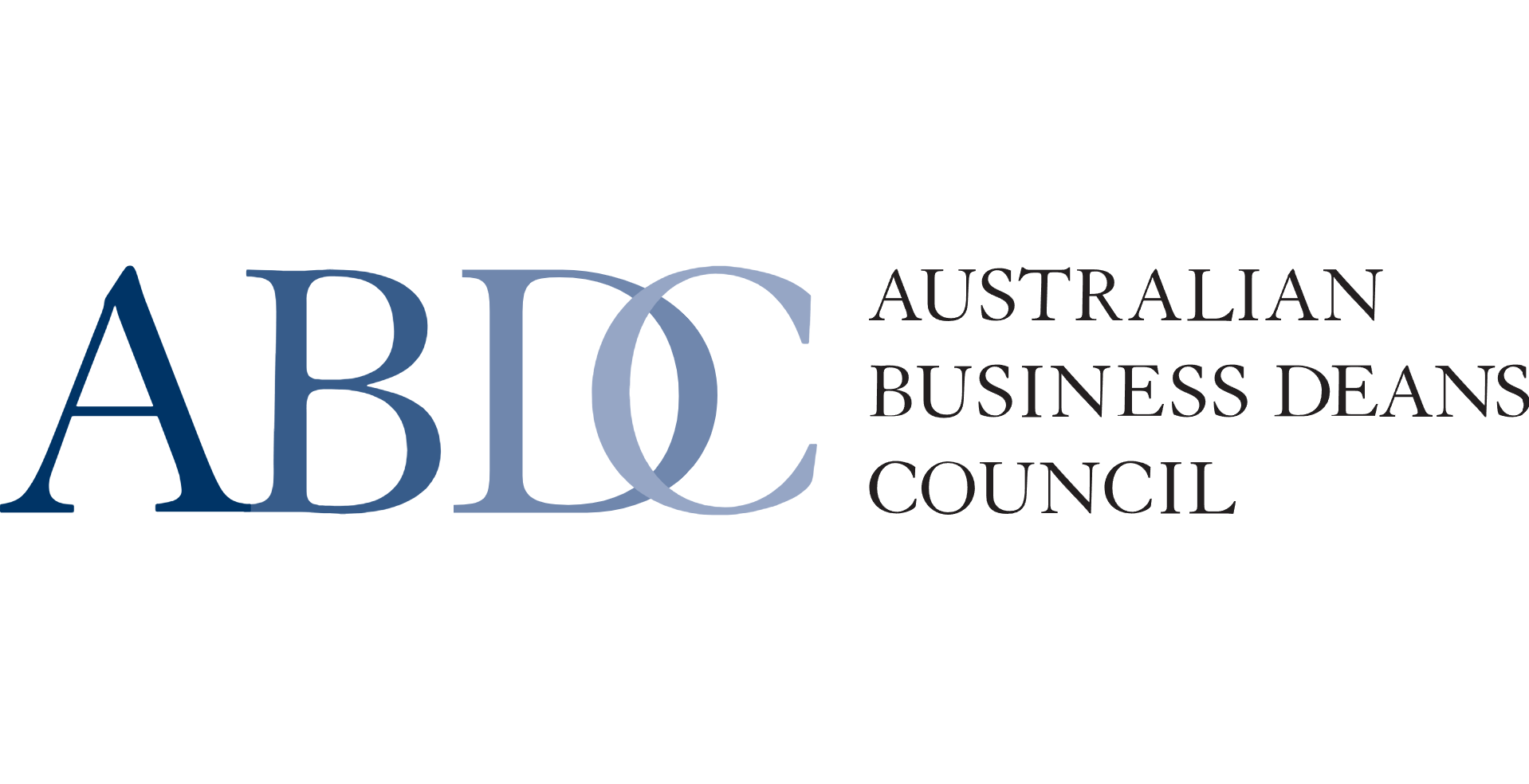THE IMPACT OF INNOVATIVE LEADERSHIP IN IMPROVING THE QUALITY OF EDUCATION AT THE UNIVERSITY JULIUS NYERERE OF KANKAN
DOI:
https://doi.org/10.53555/eijbms.v7i1.112Keywords:
Leadership, Education, Organization performance, Educational leader, Innovative LeadershipAbstract
The aim of this Paper is to explore the Impact of Innovative Leadership in improving the quality of Education. From the results of the study it was observed that there is a significant impact of innovative leadership on improving the quality of education. The researchers used a mixed study using both qualitative and quantitative research methods. It was a correlation survey design to gather information and to discover whether there is any relation between the dependent variables and independent variable used. The target population of this study was limited to the administrative staff, lecturers and students in the different academic levels at the university Julius Nyerere of Kankan. Part time lecturers were excluded, due to their short and unstable period of engagement. A total of 150 of respondents were reached. The researchers used random sampling method in selecting the sample size. This method, the aim of using this method was to avoid research bias. The sample size of this study is two hundred (200). Which are 90% of the targeted population. This paper glanced at literature reviewed and established a base for exploring the impact of innovative Leadership in improving the quality of Education. The hypotheses presented in this study are tested, and the findings are presented. The presented findings discovered that improving the quality education is complex and it cannot be done without improving certain parameters whose constitute the pillars of university such as administrative staff, lecturers, students, decision making and the politics of raking the university.
References
. Action. Published by Chatered Institute of Personnel and Development (2005).
. Babbie, E. and Mouton, J. (2001) the Practice of Social Research. South Africa Oxford University Press, Cape Town.
. Chang, G. (2006). National Education sector Development Plan: A Result – based Planning Handbook, UNESCO, Paris
. Dale (1999). PERFORMANCE LECTURER’S COMPETENCE AS THE QUALITY ASSURANCE. The International Journal of Social Sciences. 30th January 2015. Vol30 No.1
. Giddon, D.G (2006) Forcasting a Competency Model for Innovation Leaders Using a Modified Delphi Technique. (Doctoral dissertation).
. Global Monitoring Report (2005). A Global Study of Intended Instructional Official School Curricula, 1980-2000.
. Kane, J.S. (1996). The Conceptualization and Representation of Total Performance Effectiveness. Human Resource Management Review, 6, 123-145.
. Kerlinger, F.N. (1986) Foundations of behavioral research. Holt, Rinehart and Winston publishers, Orlando.
. King, K. & Court, D. (1986). International Quality and Quantity in Tanzania Primary Education; in Education and Development Issues No. 11, Dar es Salaam
. Leonard and Rayport1997. Spark Innovation through Emphatic Design. Harvard Business Review.
. Lawal A (I 993) Management in focus.
. Michael Amstrong & Angela Baron Managing Performance: Performance Management in JW Newstrom, K Davis, JL Pierce (1993).
. McGraw-Hill Education, (2006).Organizational behavior: Human behavior at work Softcover. Condition: New.
. 5th or later edition
. Mumford, M. & Licuanan, B. (2004), Leading for Innovation: Conclusions, Issues, and Directions. The Leadership Quarterly.
. Omari, I. M. (1999). “The Relationship between Education and Income in Poverty Alleviation strategies in Basic Education / Renewal Research Initiative for Poverty Alleviation FOED – UDSM (Edited by J.C.J. Galabawa).
. Olumbe, J. A. (2001). Human Resources Management: An Educational Perspective, Nairobi Educational Development and /Research Burear.
. Oandah, O. R. (2008). Theses on Med “Impact of the Head teacher’s leadership Behaviour on Students’ Academic performance in Secondary Schools: A case of Nyamira District, Kenya” (KIU, Kampala).
. Odetayo, Ojokuku, and Sajuyigbe, 2012. Impact of Leadership Style on Organizational Performance: A Case Study of Nigerian Banks.
. Paricia J. Gumport 2000. Academic Restructuring: Organizational Change and Institutional Imperatives.
. Peter Senge, Leading Learning Organizations, Cambridge, Mass: Center for Organizational Learning, 1995
. Saunders, M., Lewis, P. and Thornhill, A. (2007). Research methods for business students.4thed. London: Prentice Hall.
. Schermerhorn, Jr., J. R., Hunt, J. G., & Osborn, R. N. (2002). Organizational Behavior (Seventh). USA: John Wiley & Sons, Inc
. The Drucker Foundation, The leader of the Future (1996). 320 Park Avenue, 3rd floor, New York, New York 10022.
. Toffler, A. (1990). Power Shift: Knowledge, Wealth, and Violence at the Edge of the Twenty First Century. New York: Bantam Books.
. Thomas .D. Cook and Donald Thomas Campbell (1979) Quasi Experimentation: Design and Analysis Issues for
. Field Settings. First Edition (US) First Printing Claire Bless, Craig Higson-Smith Fundamentals of Social Research Methods: An African Perspective
. W. M. Adams .D. H. L. Thomas (1993). Mainstream sustainable development: The challenge of putting theory into practice



